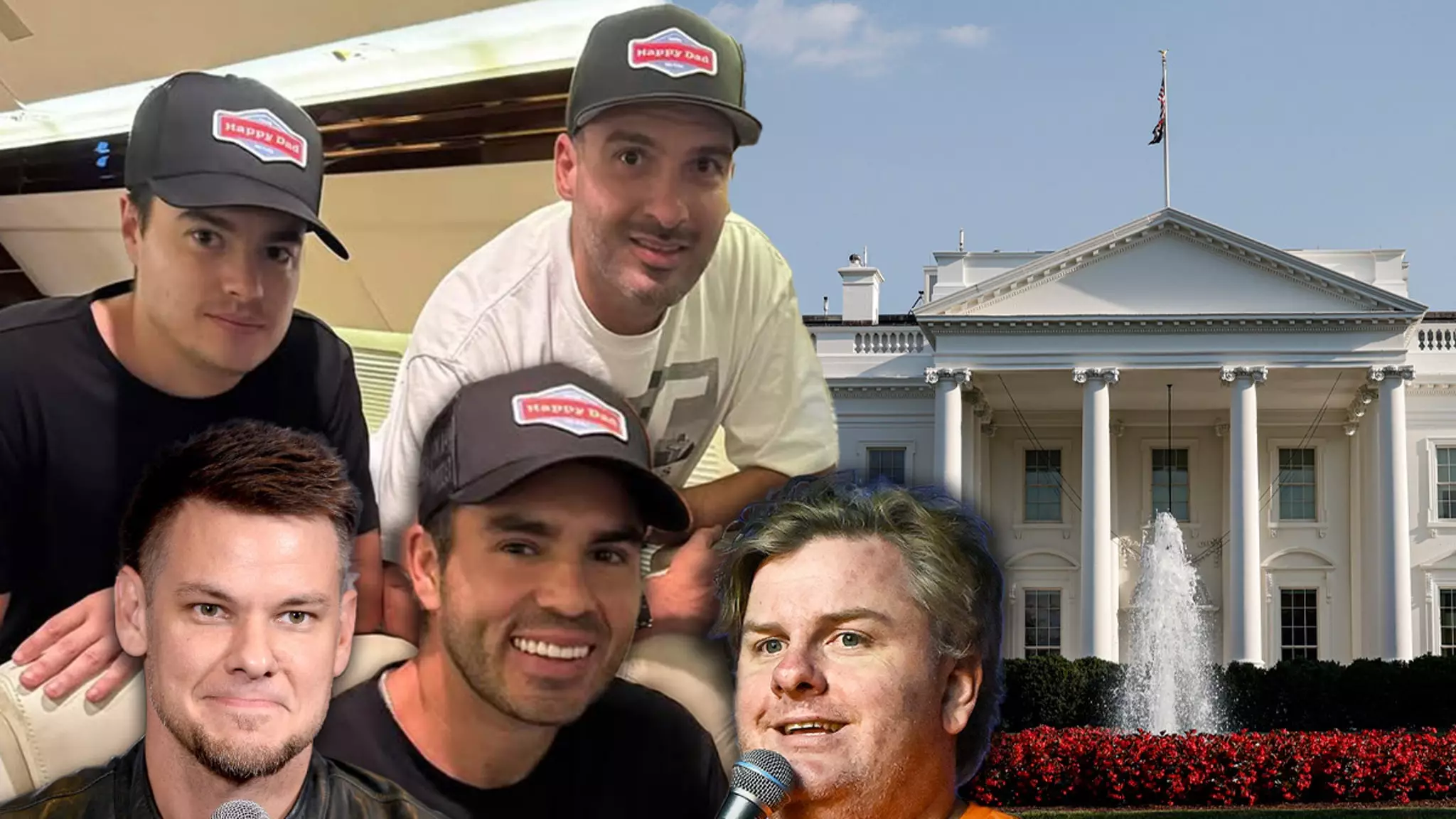The landscape of political media is undergoing a significant transformation, largely due to the evolving relationship between traditional news sources and emerging platforms like podcasts. At the forefront of this shift is John Shahidi, a prominent manager of influential podcasters, who is advocating for a groundbreaking approach to the White House Press Briefing room. His initiative seeks to integrate influential podcasters into the political dialogue, specifically during press briefings, transforming how news is disseminated from one of the most powerful offices in the world.
Shahidi’s vision stems from the growing popularity of podcasts, especially among younger demographics who tend to eschew traditional media outlets. By engaging podcasters such as Theo Von and the Nelk Boys, Shahidi posits that President Trump can effectively reach a segment of the population that is often disengaged from conventional news sources like CNN or NBC. The dynamic nature of podcasts allows for a more relatable and engaging form of communication that could resonate with voters who yearn for authenticity in political discourse. This approach not only aims to bolster audience engagement but also serves as a savvy political strategy to connect with a generation increasingly skeptical of traditional journalism.
Shahidi’s proposal involves granting press credentials to podcasters, a daring move that could overhaul the traditional press briefing model. During a recent UFC event, he shared his thoughts with Trump, suggesting the establishment of a dedicated space for podcasters within the White House press ecosystem. The conventional press briefing room, which has only 49 seats managed by the White House Correspondents Association, could essentially become a more diverse arena if podcasters were provided their own unique space. This delineation between traditional journalists and content creators could foster a more vibrant media environment, one where varied forms of storytelling flourish.
The integration of podcasters into the White House’s media landscape would undoubtedly challenge the current dynamics of political journalism. By prioritizing informal yet influential voices, this shift could democratize access to political discourse and diversify the narratives presented to the public. With figures like Von expressing excitement about the prospect, it signals a readiness among creators to embrace this uncharted territory. However, this bold initiative also raises important questions about the role of traditional media. Will this new orientation marginalize established news outlets further, or can these two forms coexist in a complementary relationship?
John Shahidi’s proposal to incorporate podcasters into the White House Press Briefing room represents not just a novel approach to communication but a significant cultural shift in how political engagement is conceived. As digital platforms continue to rise in prominence, the potential for a more inclusive and relatable media landscape could redefine the parameters of political discourse in America. Embracing this change might just be what the political establishment needs to reconnect with an audience that feels increasingly isolated from traditional media narratives. Whether this proposal materializes remains to be seen, but its implications could echo throughout the future of political engagement.


Leave a Reply